When asked what my first language is, I often answer, "visual." I think in images, prefer to be taught through images, and like to express what I know through images. I find it disconcerting that a...
|
|
Scooped by Beth Dichter |
In our world today we are surrounded by visuals. Yet we walk into many classrooms and see many written texts that often have few visuals. This post begins with a quote from John Medina, the author of Brain Rules (and a developmental molecular biologist). He states "We are incredible at remembering pictures. Hear a piece of information, and three days later you’ll remember 10% of it. Add a picture and you’ll remember 65%. Professionals everywhere need to know about the incredible inefficiency of text-based information and the incredible effects of images (http://www.brainrules.net/vision)."
There is also a video that was created by students explaining their frustration with the lack of visual learning that takes place in the classroom.
Additional sections include:
* Use Visuals, Images, Data Visualizations, Infographics and Videos to Teach Concepts
* Use and Teach Learners How to Make Concept Maps and Graphic Organizers
* Use and Teach Learners How to Do Sketchnotes
* Allow and Encourage Learners to Show What They Know Through Visual Imagery
* Teach Visual Literacy
Jackie Gerstein provides a thought provoking post with links to additional resources. Take the time to read and consider how you might increase the use of visuals in your classroom. And if you have not read John Medina's book you might want to check out his website.



 Your new post is loading...
Your new post is loading...


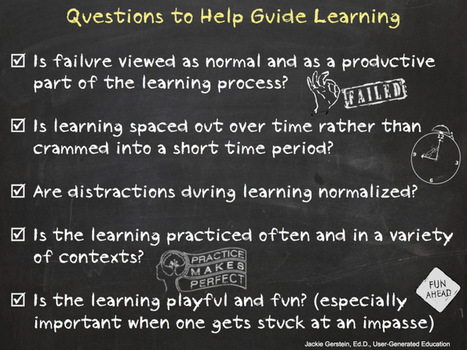

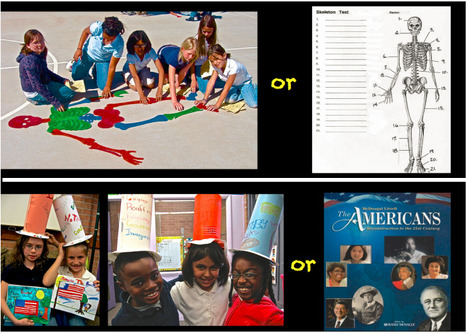

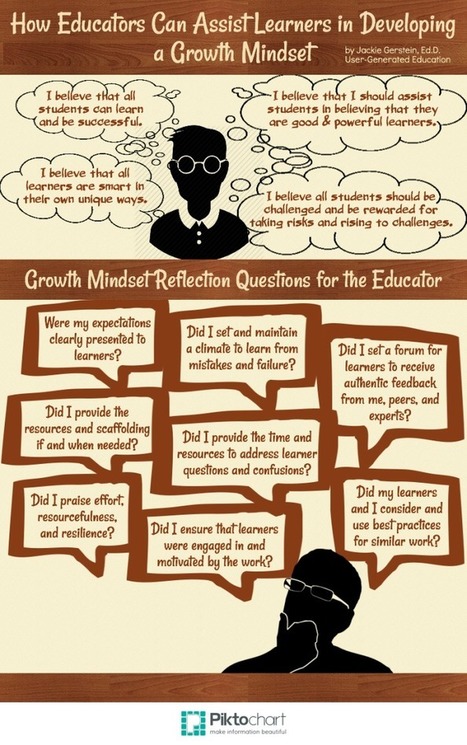
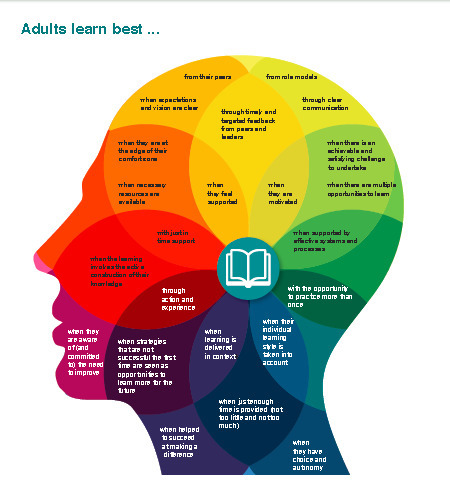





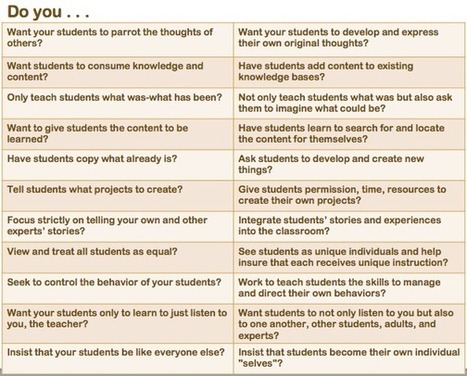

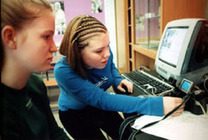






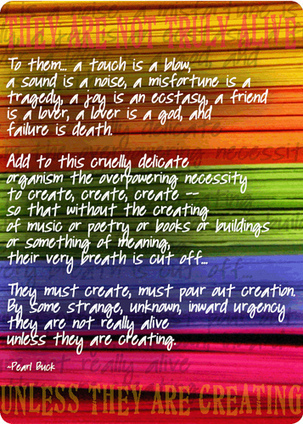
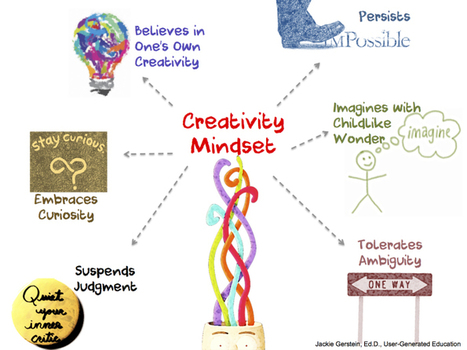

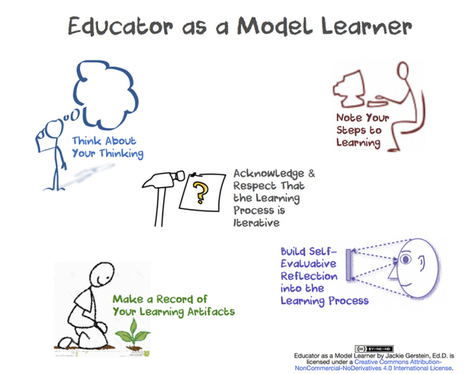

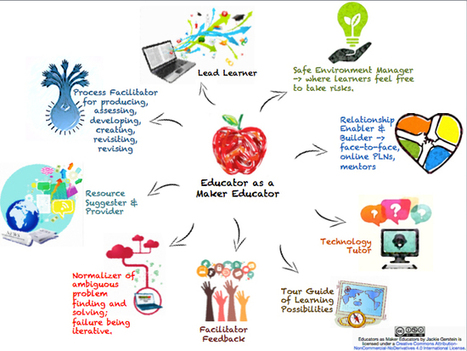



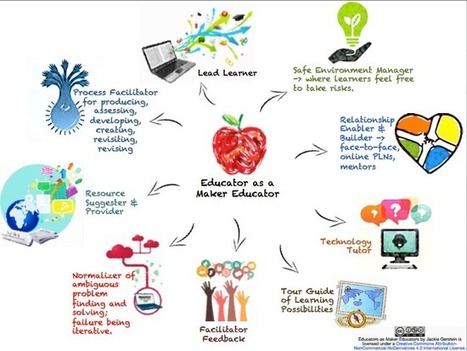

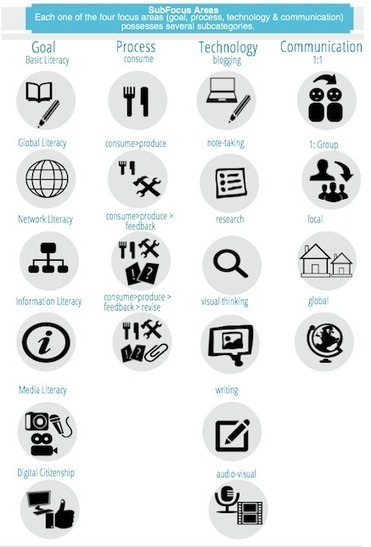


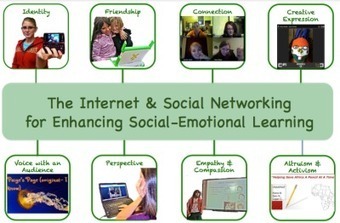


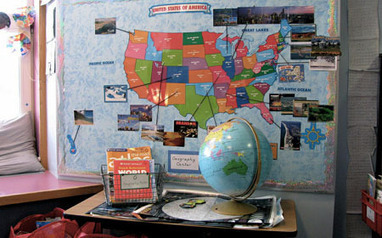

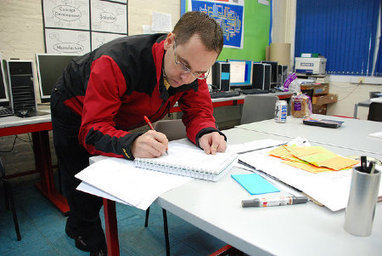

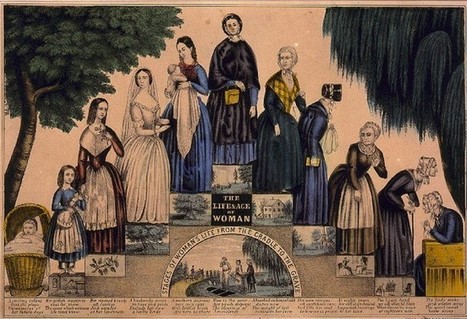





In our world today we are surrounded by visuals. Yet we walk into many classrooms and see many written texts that often have few visuals. This post begins with a quote from John Medina, the author of Brain Rules (and a developmental molecular biologist). He states "We are incredible at remembering pictures. Hear a piece of information, and three days later you’ll remember 10% of it. Add a picture and you’ll remember 65%. Professionals everywhere need to know about the incredible inefficiency of text-based information and the incredible effects of images (http://www.brainrules.net/vision)."
There is also a video that was created by students explaining their frustration with the lack of visual learning that takes place in the classroom.
Additional sections include:
* Use Visuals, Images, Data Visualizations, Infographics and Videos to Teach Concepts
* Use and Teach Learners How to Make Concept Maps and Graphic Organizers
* Use and Teach Learners How to Do Sketchnotes
* Allow and Encourage Learners to Show What They Know Through Visual Imagery
* Teach Visual Literacy
Jackie Gerstein provides a thought provoking post with links to additional resources. Take the time to read and consider how you might increase the use of visuals in your classroom. And if you have not read John Medina's book you might want to check out his website.
In our world today we are surrounded by visuals. Yet we walk into many classrooms and see many written texts that often have few visuals. This post begins with a quote from John Medina, the author of Brain Rules (and a developmental molecular biologist). He states "We are incredible at remembering pictures. Hear a piece of information, and three days later you’ll remember 10% of it. Add a picture and you’ll remember 65%. Professionals everywhere need to know about the incredible inefficiency of text-based information and the incredible effects of images (http://www.brainrules.net/vision)."
There is also a video that was created by students explaining their frustration with the lack of visual learning that takes place in the classroom.
Additional sections include:
* Use Visuals, Images, Data Visualizations, Infographics and Videos to Teach Concepts
* Use and Teach Learners How to Make Concept Maps and Graphic Organizers
* Use and Teach Learners How to Do Sketchnotes
* Allow and Encourage Learners to Show What They Know Through Visual Imagery
* Teach Visual Literacy
Jackie Gerstein provides a thought provoking post with links to additional resources. Take the time to read and consider how you might increase the use of visuals in your classroom. And if you have not read John Medina's book you might want to check out his website.